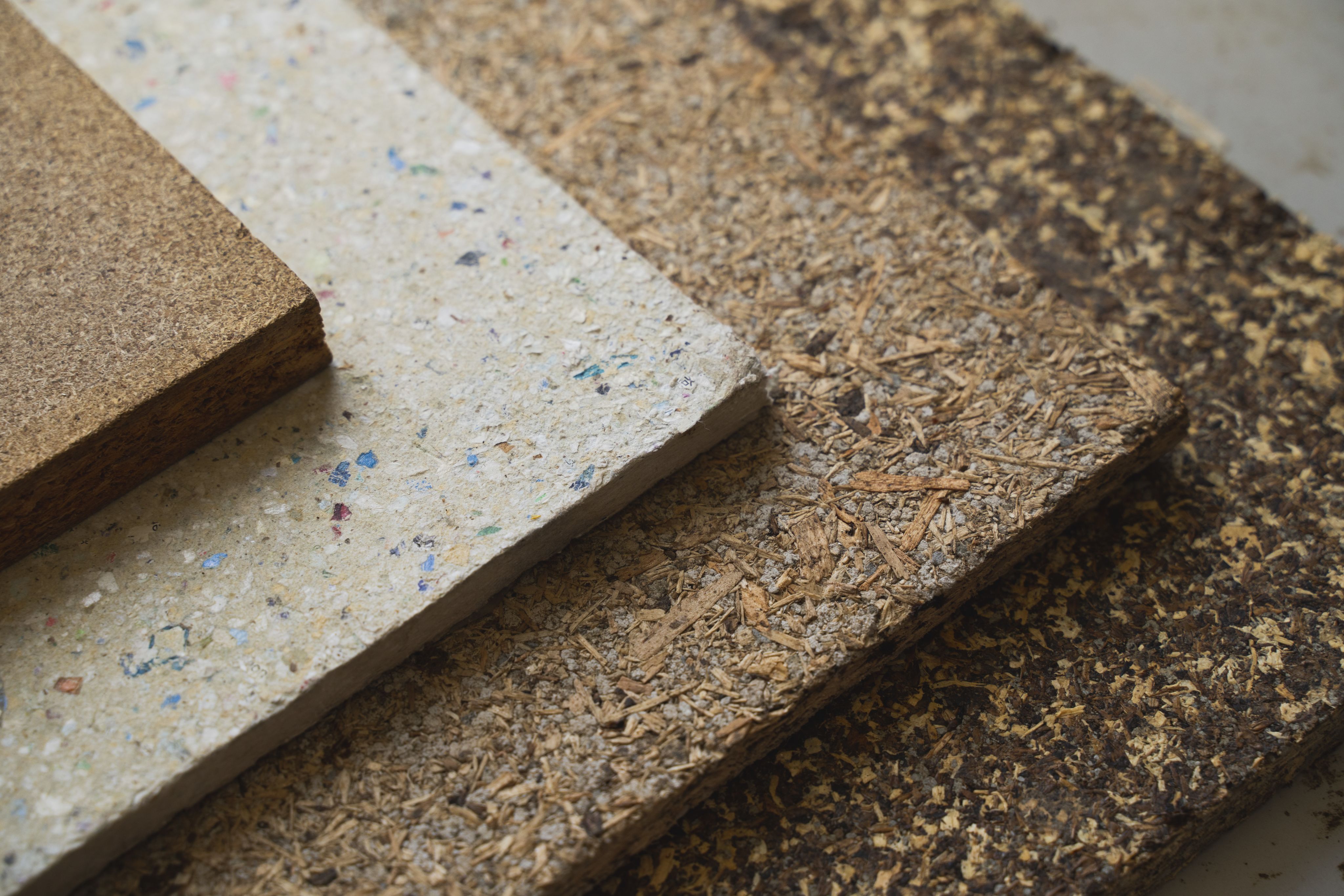Paper, Ash and Resin: Valorisation of Foundation Industry Waste Streams

“Better use of waste streams can reduce the amount going to landfill, replace the use of scarce or expensive virgin resources, and reduce overall carbon footprint – all at a lower cost to these industries.”

Crucially, the project team tested manufacture of the eco-boards in a commercial setting, working with a wood panel manufacturer and the Bio-Composites Centre at Bangor University. “There’s no use in inventing a wonderful new product if it requires manufacturers to spend hundreds of thousands of pounds on reconfiguring or buying new machinery. Our tests proved the boards are entirely compatible with existing manufacturing processes,” says Dr Gareth Roberts, co-founder and Head of Business Development at Cambond. “Our next step is the creation of a pilot plant to start bulk manufacture of the resin. It’s a market valued at £550m in the UK and £3bn in the EU.”
Demonstrating the bio-resin can be produced at scale in the UK is important because the quantities required by industry are significant – the UK alone uses around a million tonnes of urea formaldehyde glue a year. The project also explored the use of waste ash in composites for ceramics and moulding.
These innovations show there is huge scope for utilising waste materials, but it is important for this clean growth to operate in a localised way, says Prof Zhao. “It makes no sense for huge quantities of paper sludge or other waste to be shipped around the world. Our aim is that Cambond technology will be used to help industries find economic, more environmentally friendly ways to utilise the waste in their locality.”
